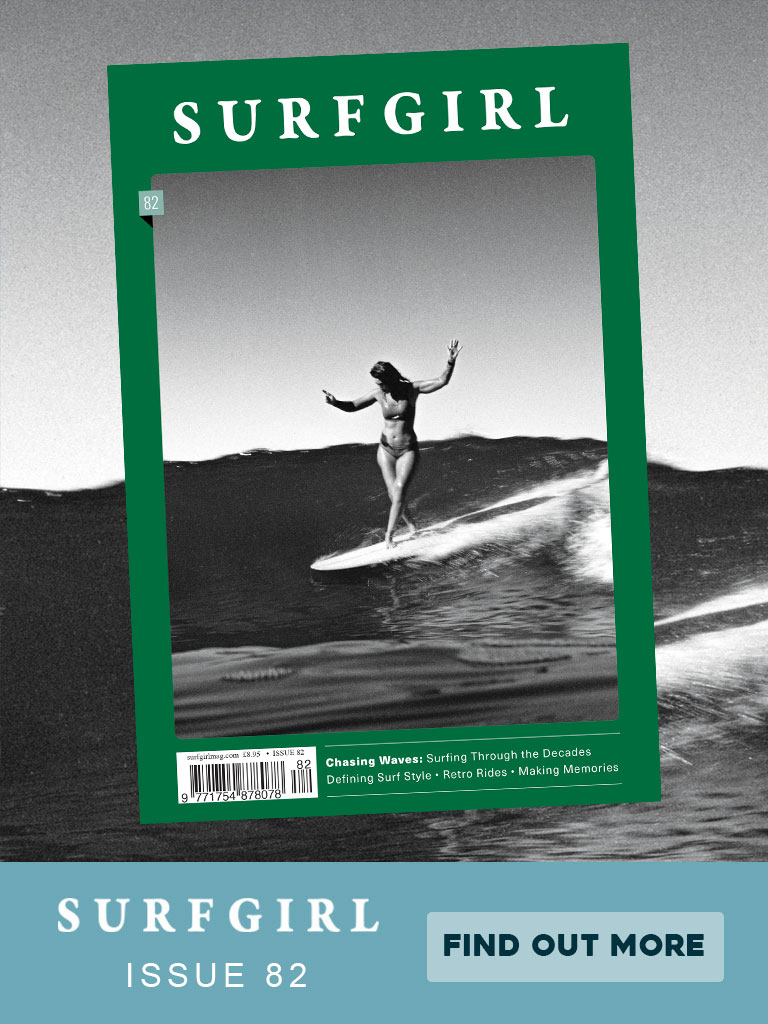
By Corinne Evans
I’ve been coaching for seven years now and have worked with a whole variety of people, from entry-level surfers who’ve never put a wetsuit on before, to people who are looking to take their surfing to the next level and nail some manoeuvres. However, around 90% of my coaching is done with complete beginners and learner surfers – people who are looking to take up a new hobby for weekends and holidays. Unfortunately, learning to surf doesn’t happen quickly and it takes a lot of hard work and determination to progress, which people often find frustrating.
Throughout my coaching experience I’ve witnesses a lot of consistencies around the questions people ask when they’re starting out. I am a big believer in knowledge is power, so I’m happy to share any knowledge I have – so never be shy to ask questions, no matter how still they might seem. However, if you are a beginner, here are a few of the answers to some of the most-asked questions:

How can I improve my pop-up?
Performing a decent pop-up requires good upper body strength – so practice, practice PRACTICE! The more you do it, the more your body will recognise the movement and your muscles will soon know exactly what’s coming. Pop-up during ad breaks on TV or add it to your gym workout. The more you do it on land, the more it will benefit you when you’re in the water.
How can I keep surf fit when I can’t surf every day?
We have all been there – when the waves are non-existent or real life has got in the way of our surfing dreams; then when we do finally get the chance to get in the surf we feel as though we’re weak and lacking the energy to paddle into the waves. So maintaining a high level of fitness when you’re out the water will 100% help. Hit up your local pool, join the gym and give HIIT (High Intensity Interval Training) a go! Keep your cardio fitness level up, stay flexible and weight train to keep your muscles strong.




How can I get out back?
Another brilliant question but sometimes the people asking this just aren’t quite ready to venture out into the green waves. Remember surfing is a marathon not a sprint race. Surfing out back is a whole different ball game to riding the white water to the shore. There are a lot other factors to contend with and you need to feel ready to take that next step. When you are ready the best way to get out back is to duck-dive under the waves. Practice duck diving in the white water before you even try to break out of your comfort zone. If you’re on a bigger board you may struggle with this, so why not try rolling your board under the waves, rather than diving through them. You’re going to have to paddle hard, leave your fear on the beach and put your determined hat on because getting out back isn’t easy – but it is SO worth it!

How can I get good at surfing quickly?
The answer to that is quit your job, move to Indonesia and surf every day – a pretty crazy answer, right? Well the only want to get good quickly is to surf all the time and let’s face it, it’s not always possible to surf all day every day. So my genuine answer is to get the idea of improving quickly out of your head, just surf as and when you can and above all ENJOY IT and the rest will fall into place.

Should I buy a shortboard after a couple of lessons?
In a word, no! If you are new to surfing you don’t need to go out and buy any surfboard straight away. Hire a foamy to start with and progress onto a mini-mal – it takes a lot of time to progress onto a shortboard and you need to learn all the basics on a bigger board before you consider riding something more high performance. Take your time and learn as much as you can before investing in your own custom made surfboard; you will know when the time is right because you’ll feel ready to take your surfing to another level and then you can go and speak to your local shaper, who will make a board suited to your ability.

For more tips on surfing get The Surf Girl Handbook, available worldwide or at www.surfgirlbeachboutique.com




